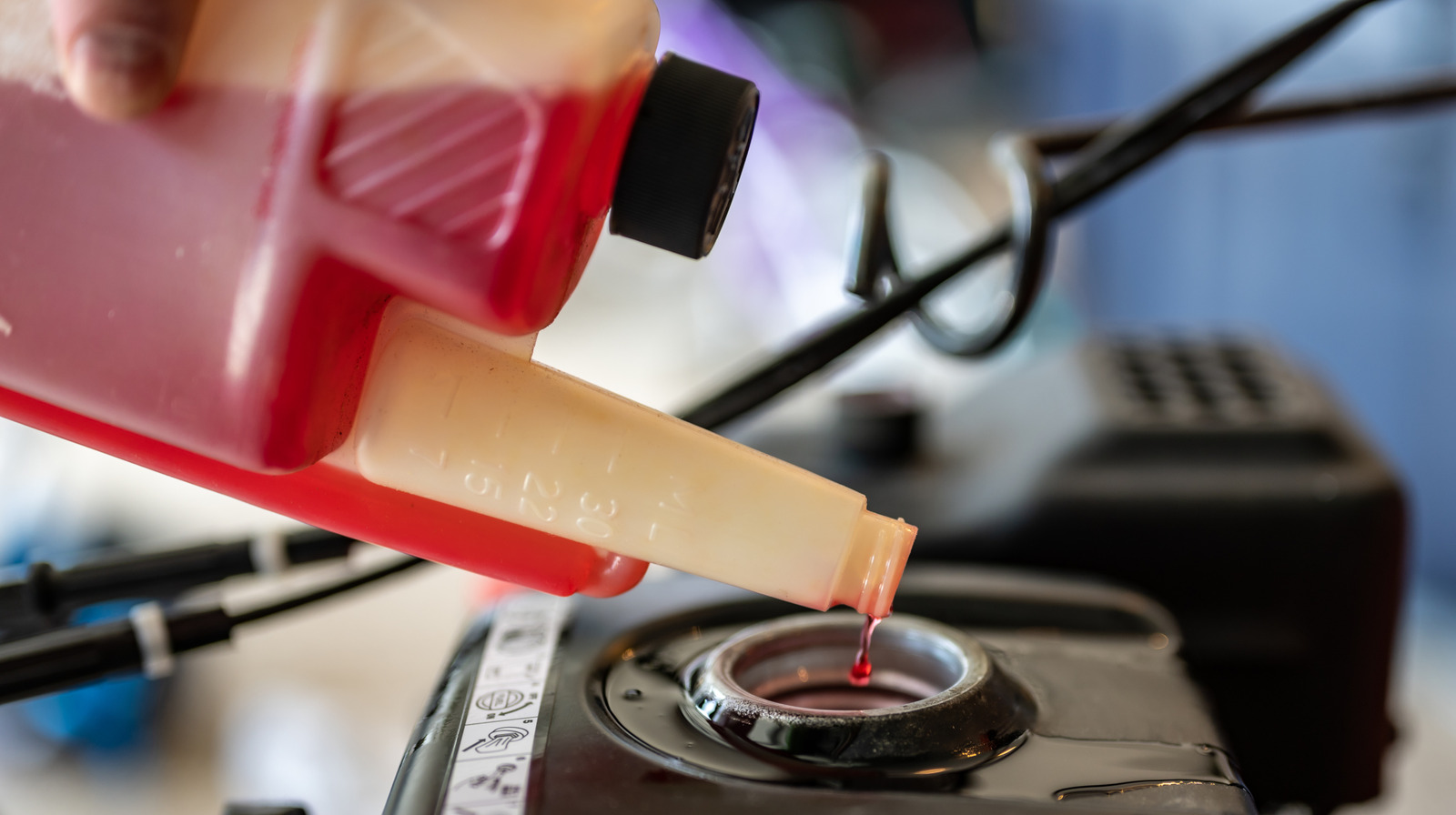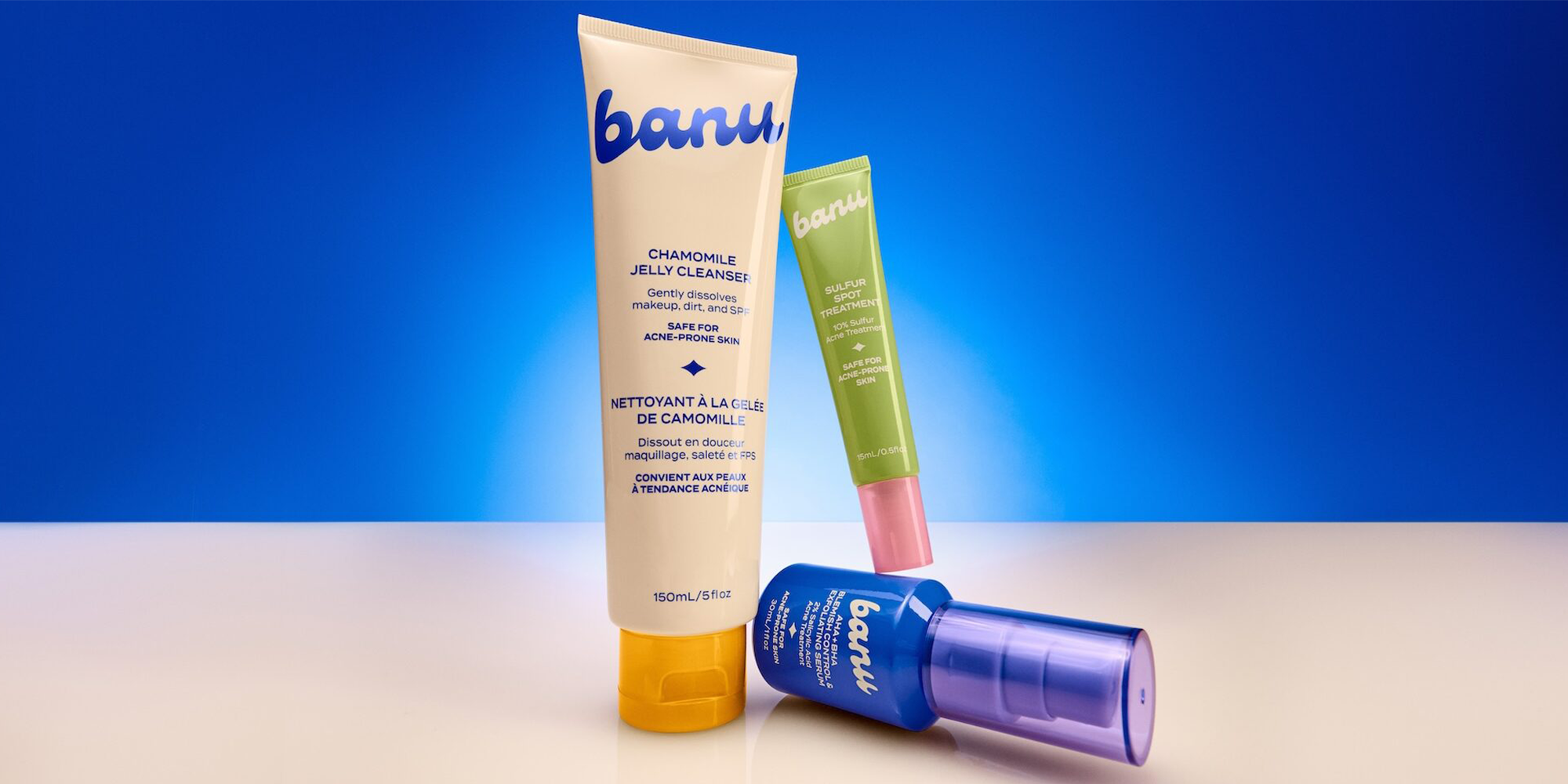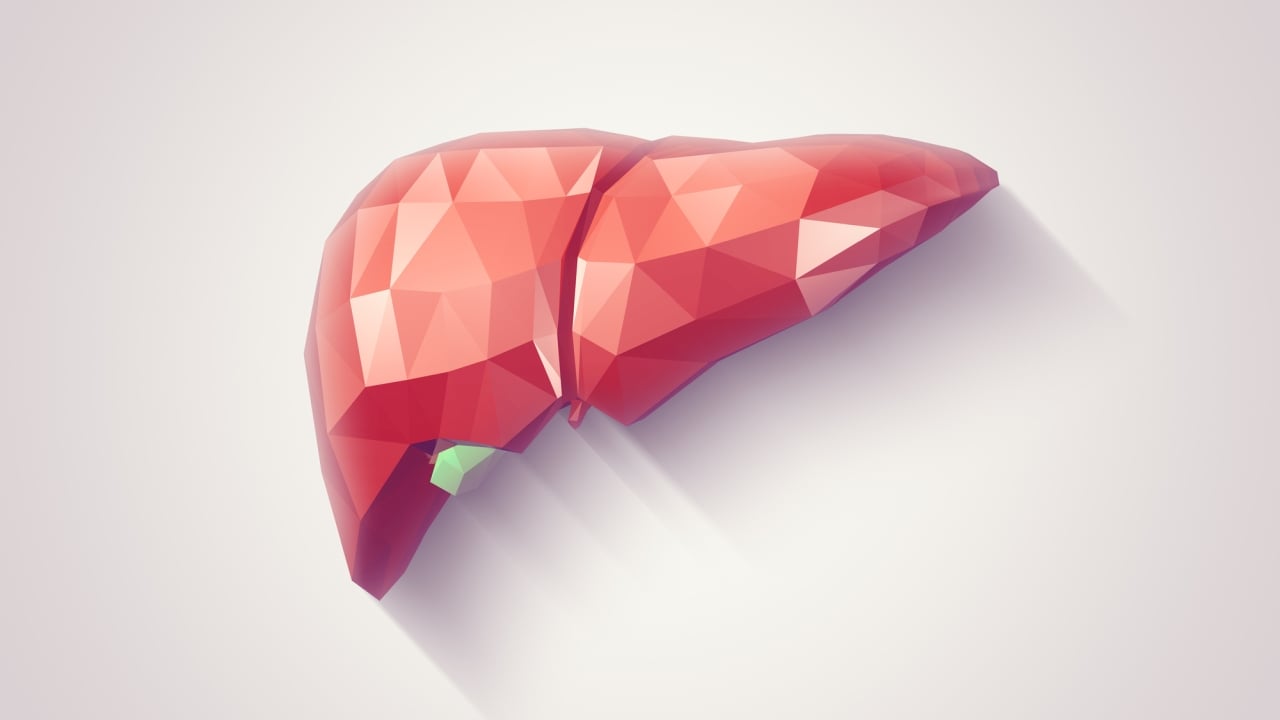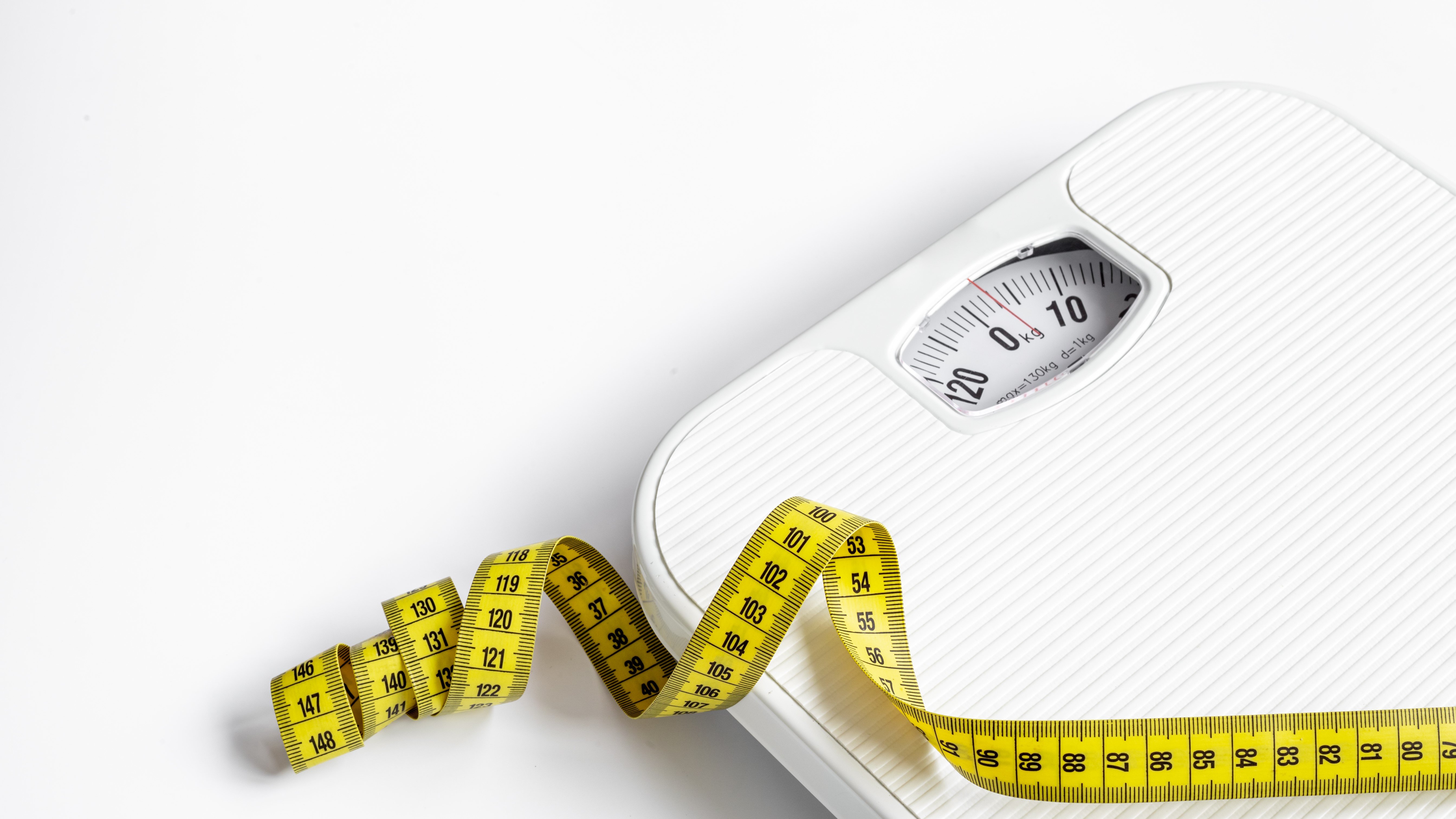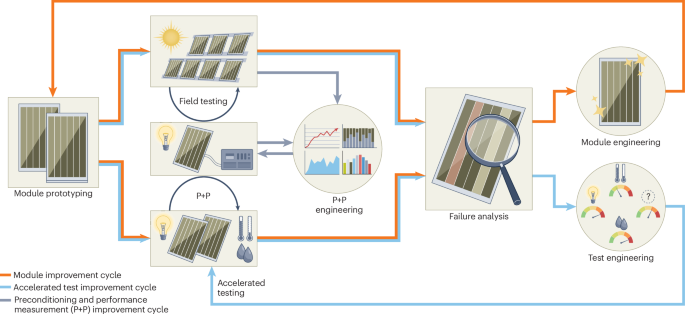Degradable Alginate Hydrogel Intervention Catheters with Gradient Hardness in Length
Advanced Healthcare Materials, EarlyView.

This study reports, for the first time, a degradable hydrogel interventional catheter with gradient hardness with mechanical strength reaching 5.5 MPa for the soft head and 28 MPa for the hard tail. The hydrogel catheter with superior lubricity and flexibility more effectively adapts to the anatomical structures of the human body, potentially minimizing tissue damage and expediting surgical procedures, showing significant potential as a medical interventional catheter.
Abstract
Interventional catheter, a medical device characterized by a gradient hardness from one end to the other, exhibits enhanced flexibility upon insertion into the human body. This unique configuration accommodates various anatomical structures and surgical requirements. This study reports, for the first time, a degradable hydrogel interventional catheter with gradient hardness. A novel aqueous reaction methodology is developed, enabling the direct transformation of a solid sodium alginate (SA) film strip into a hollow hydrogel interventional catheter. This process involves copper ions-induced asymmetry crosslinking in an aqueous solution, solvent exchange in ethanol, removal of copper ions by ethylenediaminetetraacetic acid, and subsequent bimetallic crosslinking in CaCl2 and FeCl3 aqueous solutions. This method results in gradient-hardness hydrogel interventional catheters without surface defects such as protrusions and pits. The hydrogel interventional catheter demonstrates gradient robustness with mechanical strength reaching 5.5 MPa for the soft head and 28 MPa for the hard tail. By incorporating a gradual stiffness variation, the hydrogel catheter with superior lubricity and flexibility more effectively adapts to the anatomical structures of the human body, potentially minimizing tissue damage and expediting surgical procedures. Consequently, it shows significant potential as a medical interventional catheter.


























